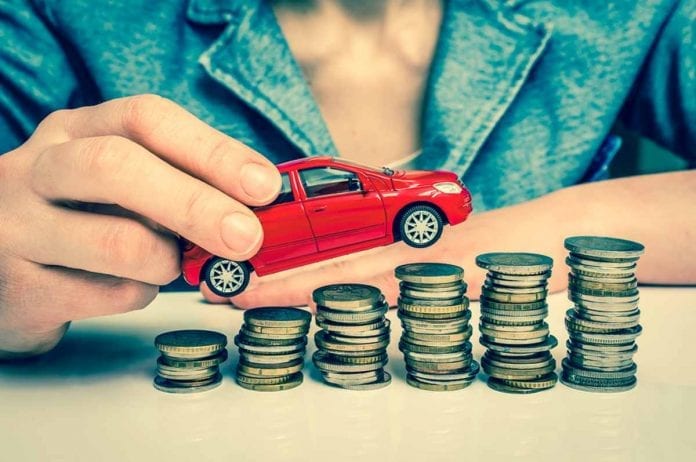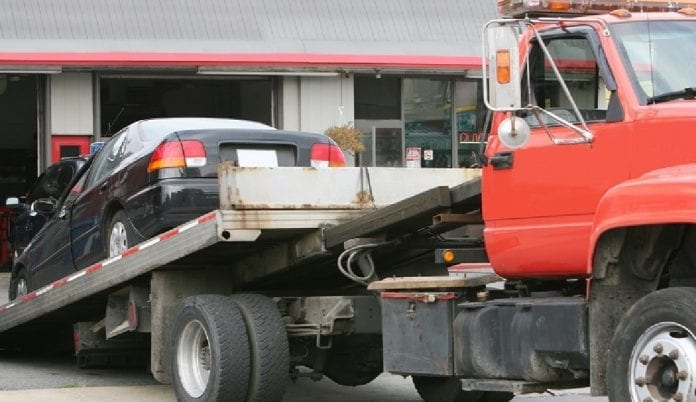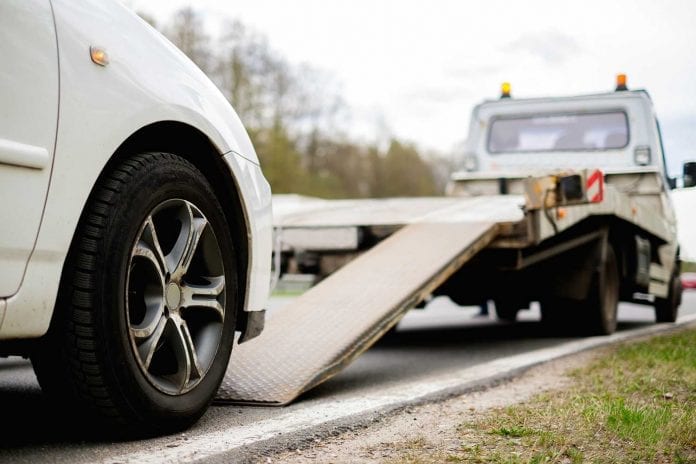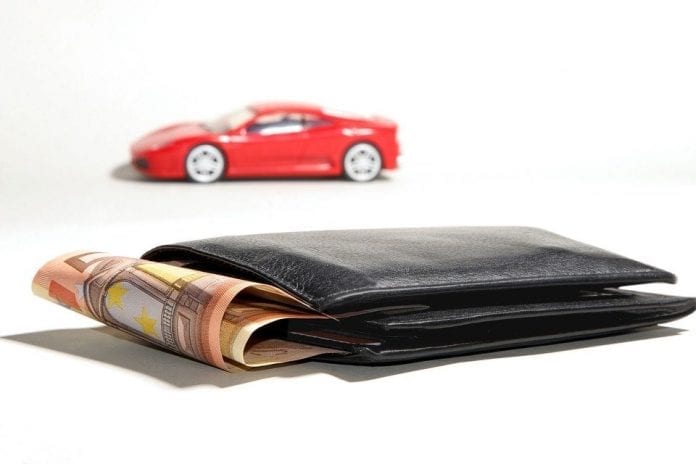Few things will ever be as demoralizing as being unable to pay your bills. As the COVID-19 pandemic continues to lead to widespread business shutdowns and restrictions, it’s not difficult to see the reason for massive job cuts and high volumes of unemployment claims. These are difficult times, and there doesn’t seem to be any end in sight, even when some countries claim to be developing a vaccine.
With so many people having financial difficulties, you may be finding it difficult to make car payments to avoid defaulting on them. While your worries are warranted, it doesn’t necessarily mean your car will be repossessed. Here’s what you need to do if you’re unable to make your car payments during this uncertain time.

Don’t Panic, Contact Your Lender
It’s understandable, if not expected, that some people are going to lose their jobs while others are going to have their hours reduced. If this happens to you, it’s important to call your lender and to let them know the truth of your financial state. This is because lenders offer special forbearance programs to help their borrowers get through the economic impact of the pandemic. Hiding your job loss, lying about your financial status, and not doing anything will get you in trouble, especially if you miss payments. Doing so may adversely affect your credit score, which is an effect that will remain even after the pandemic is over.
Check for Special Lender Programs
Most lenders have launched programs to help both old and new borrowers keep up with their payments. Many of these programs allow borrowers to defer payments, have their payments reduced, or even have their loan terms renegotiated. However, it’s important to note that you have to contact them before missing a payment so that they’re able to make the right adjustments for you.
Refinance Your Car Loan

If all else fails, you may want to consider opting for a title loan buyout. This is especially effective when you have a loan that has high interest rates. Borrowers can save a lot of money through refinancing their loan because refinanced loans have lower interest rates, which is especially important during a pandemic to free up as much cash as we can for more important expenses. You can visit this site to learn more about title loans.
Voluntary Repossession
If you’re truly desperate and you’re unable to make payment, you can opt for a voluntary repossession. This option will still hit your credit score and will mean that you’re obliged to pay for any outstanding debt, but the impact to your credit score and bank account will be significantly less than when the lender has to forcibly repossess the car.
It’s also important to understand how the system works when a borrower fails to pay. This is so that you’re able to determine whether a repossession is legal or not. On that note, these are things you need to know:
What Normally Happens If You Miss a Payment?
If you miss your payment, you default on that payment, which means that the conditions stipulated in your loan contract kick in. Some contracts have an acceleration clause that makes the remaining payments demandable at the lender’s whim. Another consequence of defaulting on your payment is that the lender may then opt to repossess your vehicle, without returning the paid months prior.
A lender can initiate the repossession process the day after you miss a payment. However, most lenders don’t do this, and instead, they grant their borrowers a grace period of at least 10 days and they hold off reporting to credit agencies until the payment is more than 30 days late. It’s usually only once a lender fails to pay after 30 days and misses the next two payment cycles when a lender initiates the repossession process.
How Does Repossession Work?
The repossession process begins when the lender works with a third-party repossession agency. The latter will use any and all information that it can find in order to find your home, find the vehicle, and tow your vehicle to a secured lot. Since they’re going to tow your car, the repossession can still happen even when they don’t have the keys to your car.
The repo company will then charge towing fees as well as storage fees to your bank, which you’ll have to pay. Sometimes, the repo company will even charge for a locksmith to unlock the car as well as to create a new set of keys for your car.
Are Car Repo Companies Open During the Pandemic?

The decision of the government on the matter remains unclear, especially considering the fact that many repo companies had to lay off employees. However, as most states begin to recover from the pandemic, and with the gradual reopening of several businesses, you should expect repo agencies to try to reopen as soon as they can.
Does the Lender Need a Court Order to Repossess Your Car?
Your lender does not need a court to repossess your car. Take note that the car is essentially their property until you’re able to pay off the loan. Which means that your lender, or the repossessing agency they hire, has the right to enter your property to take the car. However, there are limitations in the manner in which they can do this.
What Rights Do I Have When Someone Comes to Repossess My Car?

While a repossession of a vehicle may be viewed as an owner simply claiming what is rightfully his, there are limitations to the extent that the owner can exercise his rights of ownership. Generally, they, or their representatives, have the right to come to your property to reclaim the car so long as they do not use physical force against you or your property to do so. Therefore, they cannot break into your property or force you to come out.
They can, however, follow you anywhere and simply wait until you leave the car unattended.
You do not want to default on your payments, and neither does your lender. All you need to do is communicate with your lender and try to talk things out in order to arrive at reasonable and agreeable terms for both parties.









